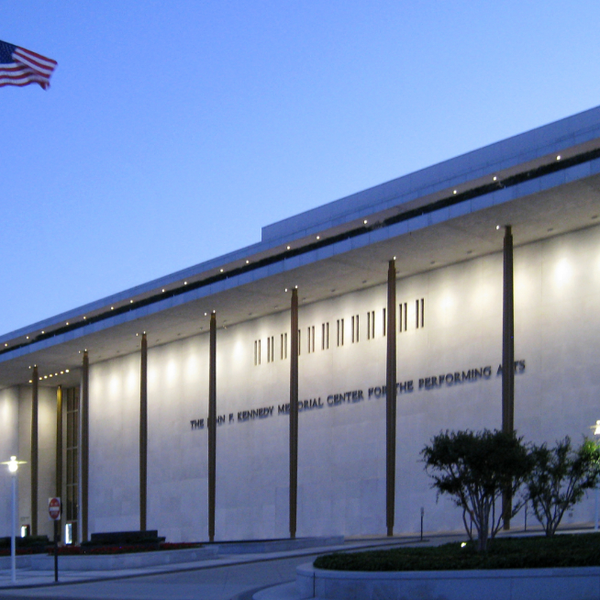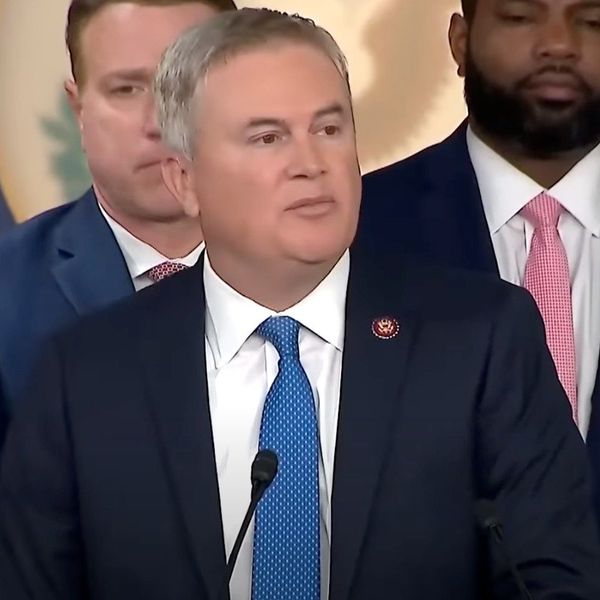
By Ben Brody, Bloomberg News (TNS)
Does Bernie Sanders have a proposed economic platform for his presidential campaign? Sanders economic platform ishis presidential campaign.
The Vermont senator, a self-described socialist and political independent who announced Wednesday that he’ll seek the Democratic nomination for president, is making economic inequality the central focus of his political agenda. “I’m not running against Hillary Clinton,” he told reporters earlier this week. “I’m running for a declining middle class.” Another top priority: campaign finance reform, which Sanders sees central to his campaign against the corporate elite. No one explains Sanders’ economic theories more emphatically than he does, so here they are in his own words:
ON THE WEALTH GAP
This has been one of Sanders’s core themes in recent years — the one many of his other policies are aimed at fixing. “In the last two years, according to Forbes, the 14 wealthiest people in this country…saw $157 billion increase in their wealth,” he told Bloomberg April 15. “That is more wealth than is owned by the bottom 40 percent of the American people. I mean, I don’t know how you describe that other than obscene and extremely dangerous.”
ON CAMPAIGN FINANCE
Sanders has also focused reining in the influence of money in politics, saying that the U.S. is headed towards becoming an “oligarchy.”
“Billionaire families are now able to spend hundreds and hundreds of millions of dollars to purchase the candidates of their choice,” he told the Brookings Institution in February. “The billionaire class now owns the economy, and they are working day and night to make certain that they own the United States government.” He has proposed a constitutional amendment limiting corporate donations. He told Bloomberg there’s a question of whether he “can raise enough money to run a credible campaign,” which might involve sums like Clinton’s $100 million. “Most of my money comes from small, individual contributors. I get some money — PAC money from unions and environmental groups and senior groups — but mostly individuals averaging, I think, $45 apiece.”
Sanders, who came to Congress in 1991, has raised a little more than six million dollars in the course of his career, with his greatest support coming from retirees and labor unions, according to data compiled by the Sunlight Foundation. By contrast, Ted Cruz, a Texas Republican elected to the Senate in 2012 and already mulling a presidential bid, has raised more than $13 million, and declared GOP presidential candidate Marco Rubio, elected to the Senate from Florida in 2010, has raised more than $17 million.
ON THE MINIMUM WAGE
“I think we should raise the minimum wage to $15 an hour over a period of years, not tomorrow,” he told Bloomberg. That would almost double the current level. In a video posted to his YouTube account, Sanders calls the current federal minimum wage of $7.25 an hour “a starvation wage.”
“What we want to do is create a situation where if somebody is working 40 hours a week, that person, that family, is not living in poverty,” Sanders adds.
ON TAX HAVENS
“We’re losing $100 billion every single year because corporations are stashing their money, their profits, in the Cayman Islands and Bermuda and other tax havens,” Sanders told MSNBC in December. “I’m going to bring forward — and have brought forward — legislation to end that absurd practice.”
ON CORPORATE TAX BREAKS
“The wealthiest family in America, the family that is worth $100 billion, does that family really need government assistance in the operation of their business?” he asked Salon.com in November 2013, referring to the Walton family, which owns Wal-Mart. “I think the answer is obviously no.”
ON “TOO BIG TO FAIL”
“The greed, recklessness, and illegal behavior of major Wall Street firms plunged this country into the worst financial crisis since the 1930s,” Sanders wrote in his Agenda for America, a set of 12 economic policies he released in December. “They are too powerful to be reformed. They must be broken up.”
ON SOCIAL SECURITY
Sanders wants to shore up Social Security’s finances by lifting the cap on the amount of earnings subject to taxes for the retirement fund. Currently, only the first $118,500 of individuals’ earnings are subject to the tax, giving an end-of-the-year paycheck bonus to those in higher-income brackets. “America doesn’t have a problem with ‘greedy geezers,’ to quote one Social Security adversary,” he wrote Wednesday in an op-ed in the Des Moines Register. “It has a ‘Robin Hood in Reverse’ problem, a problem with policies that take from working families and give to the rich.”
ON HEALTH CARE
“I happen to believe that the United States should not be the only major country on Earth that does not guarantee health care to all people through a national health care program,” he said in the MSNBC interview. “I support a single-payer national health care program.”
ON TACKLING CLIMATE CHANGE
“Millions of homes and buildings need to be weatherized, our transportation system needs to be energy efficient, and we need to greatly accelerate the progress we are already seeing in wind, solar, geothermal, biomass, and other forms of sustainable energy,” he wrote in his 12-point agenda. “Transforming our energy system will not only protect the environment, it will create good paying jobs.”
ON ORGANIZED LABOR
“We need legislation which makes it clear that when a majority of workers sign cards in support of a union, they can form a union,” he wrote in his agenda. “We’ve got to rebuild the union movement,” he told Bloomberg.
ON TRADE AGREEMENTS
Sanders is adamantly opposed to trade deals that he says entice employers to leave the United States. “I happen to believe that our current trade policies — NAFTA, CAFTA, permanent normal trade relations with China — are a disaster which have lost us millions of jobs in this country as companies shut down here and go aboard to low-wage countries,” he said in the MSNBC interview. “I want to change fundamentally our trade policies so that companies reinvest in America, not in China.”
ON THE TRANS-PACIFIC PARTNERSHIP
“The Trans-Pacific Partnership is a disastrous trade agreement designed to protect the interests of the largest multi-national corporations at the expense of workers, consumers, the environment, and the foundations of American democracy,” he wrote in a statement opposing the pending agreement. “It is part of a global race to the bottom to boost the profits of large corporations and Wall Street by outsourcing jobs; undercutting worker rights; dismantling labor, environmental, health, food safety, and financial laws; and allowing corporations to challenge our laws in international tribunals rather than our own court system.”
ON COLLEGE TUITION
“Higher education should be a right,” he said, according to the Huffington Post. “Not for everybody, people who have the ability, people who have the desire, because that makes our country stronger.” In February, Sanders called for the federal government to give states $18 billion a year to decrease tuition 55 percent, according to Inside Higher Ed, and he wants student loan borrowers to be able to refinance at lower interest rates. At Howard University this week, he said he wants to make all public colleges and universities free.
ON ESTATE TAXES
Sanders would abolish taxes on estates worth less than $3.5 million, then impose a rate of 40 percent up to $10 million, and 50 percent for estates worth between $10 million and $50 million. Estates worth more than that would be taxed at a 55 percent rate under a President Sanders. “A progressive estate tax on multi-millionaires and billionaires is the fairest way to reduce wealth inequality, lower our $17 trillion national debt and raise the resources we need for investments in infrastructure, education, and other neglected national priorities,” he wrote in the Huffington Post in November.
ON INFRASTRUCTURE INVESTMENT
“The fastest way to create the millions of jobs we desperately need is by rebuilding our crumbling infrastructure — our roads, bridges, water systems, rail, et cetera,” he said in the December MSNBC interview. “If we invested one trillion dollars over a period of years, we could create 13 million jobs.”
ON WORKER COOPERATIVES
“Instead of giving huge tax breaks to corporations which ship our jobs to China and other low-wage countries, we need to provide assistance to workers who want to purchase their own businesses by establishing worker-owned cooperatives,” he wrote in his agenda. “Study after study shows that when workers have an ownership stake in the businesses they work for, productivity goes up, absenteeism goes down, and employees are much more satisfied with their jobs.”
Photo: 350.org via Flickr








